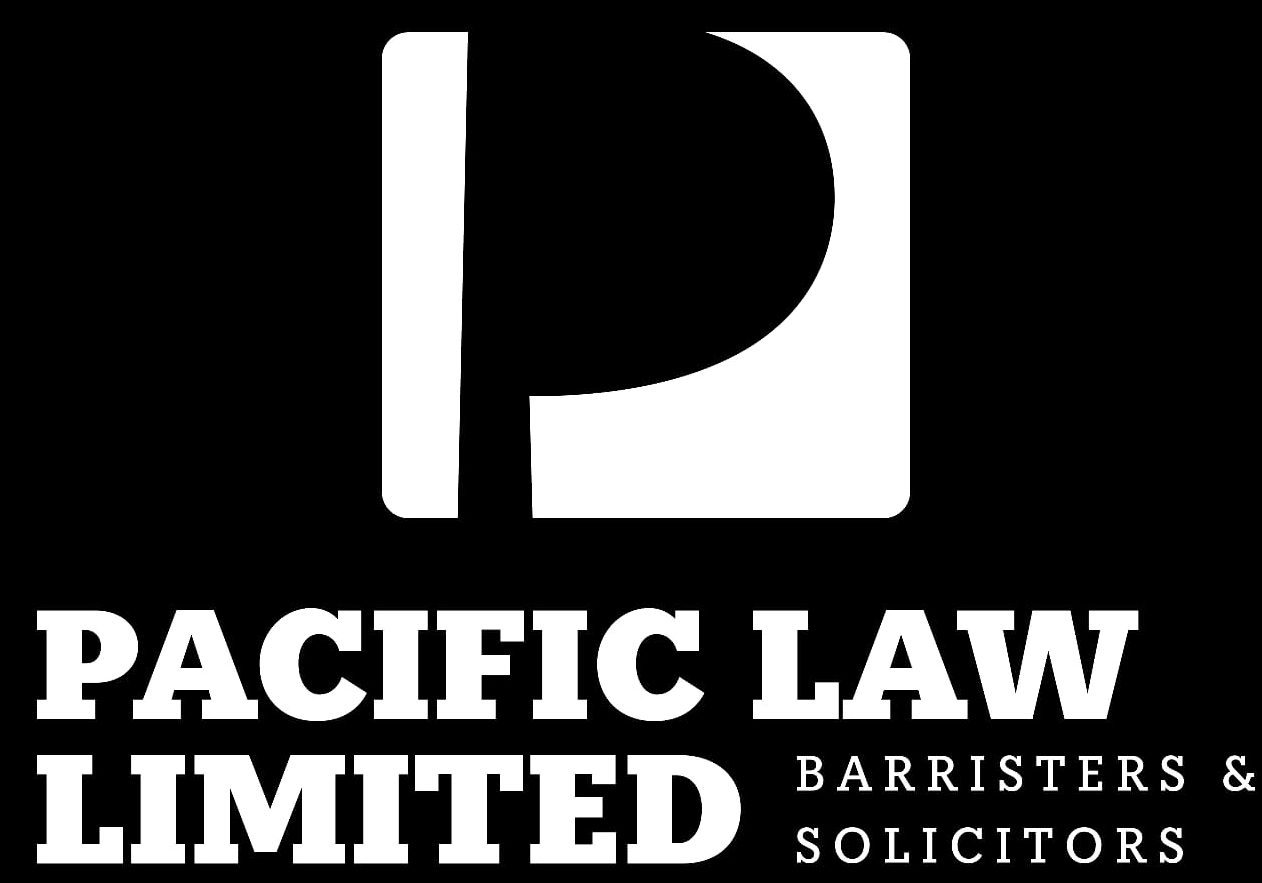Introduction
In a landmark decision, the US Supreme Court has ruled that former President Donald Trump is entitled to a certain degree of immunity from criminal prosecution for his official actions while in office. This ruling significantly impacts the ongoing legal battles surrounding Trump’s efforts to challenge the 2020 election results. The Court’s decision underscores the complex nature of presidential immunity and sets a precedent with far-reaching consequences for the scope of executive power and accountability.
Background of the Case
Donald Trump faced allegations of orchestrating a multifaceted campaign to overturn the 2020 presidential election results. The accusations include conspiring to obstruct the certification of the election, defrauding the government, and disenfranchising voters. These charges are rooted in his attempts to spread unfounded claims of election fraud, pressuring officials to investigate those claims, and influencing the actions of his Vice-President, Mike Pence, during the certification process.
The Supreme Court’s ruling in this case revolves around the principle of presidential immunity, which traditionally shields presidents from prosecution for actions taken within the scope of their official duties. This protection is intended to ensure that the president can perform their functions without the constant threat of legal challenges. However, the extent and limitations of this immunity, particularly regarding actions taken on the “outer perimeter” of presidential duties, have been hotly debated.
The Supreme Court’s Ruling
In a 6-3 decision, the Court’s conservative majority, led by Chief Justice John Roberts, concluded that Trump’s actions fell within the protective scope of presidential immunity to a significant extent. The majority opinion emphasized that actions taken as part of a president’s official duties, even those at the “outer perimeter,” are shielded from criminal prosecution. This includes interactions with Justice Department officials and communications with the Vice-President, which were deemed integral to the executive function.
The ruling distinguishes between three categories of presidential conduct:
- Core Presidential Functions: Actions that carry absolute immunity.
- Official Acts within the Outer Perimeter: Actions that carry presumptive immunity, subject to further judicial review.
- Unofficial Acts: Actions that carry no immunity and are subject to prosecution.
The Court remanded the case to US District Judge Tanya Chutkan to evaluate the specific charges against Trump under this framework. Judge Chutkan is tasked with determining which of Trump’s actions can be classified as official or unofficial. This review process will be crucial in deciding the applicability of immunity to each element of the indictment.
Implications of the Ruling
- Scope of Presidential Immunity: The decision reinforces the broad scope of presidential immunity, particularly for actions that are linked, even tangentially, to official duties. This broad interpretation raises concerns about the potential for abuse of power, as it suggests that a president could engage in controversial or even unlawful conduct under the guise of official duties without facing immediate legal consequences.
- Impact on the 2020 Election Subversion Case: For Trump’s case, this ruling complicates the prosecution’s efforts to hold him accountable for his actions related to the 2020 election. The prohibition on using any conduct determined to be official acts as evidence in the trial significantly weakens the case against him. Prosecutors had hoped to use these actions to demonstrate Trump’s intent and pattern of behavior.
- Future Legal Precedents: This ruling sets a significant precedent for future cases involving presidential conduct. It delineates a broad protective shield around presidential actions, potentially limiting the avenues through which former presidents can be held criminally accountable for their actions while in office. This could have lasting implications for the balance of power and the mechanisms of accountability within the US government.
- Political and Public Reactions: The timing and nature of the ruling have sparked intense debate and criticism. Liberals and proponents of holding Trump accountable argue that the decision effectively delays justice and enables tactics to evade legal scrutiny. The ruling has intensified the discourse around the role of the judiciary in politically charged cases and the interpretation of presidential powers.
Conclusion
The Supreme Court’s ruling on presidential immunity represents a pivotal moment in the intersection of law and executive power. By affirming the protective scope of immunity for official actions, the Court has fortified the legal shield around presidential conduct, with significant implications for the ongoing and future prosecutions of former presidents. As Judge Chutkan undertakes the task of parsing the specifics of Trump’s actions, the legal community and the public will closely watch the evolving interpretations of what constitutes the “outer perimeter” of presidential duties. This decision will undoubtedly influence the contours of executive accountability and the rule of law in the years to come.
References
- “Supreme Court Rules Trump Has ‘Absolute Immunity’ for Official Acts.” The Guardian, July 2, 2024.
- U.S. Constitution, Article II, Section 3.
- Nixon v. Fitzgerald, 457 U.S. 731 (1982).
- Clinton v. Jones, 520 U.S. 681 (1997).


Leave a Reply